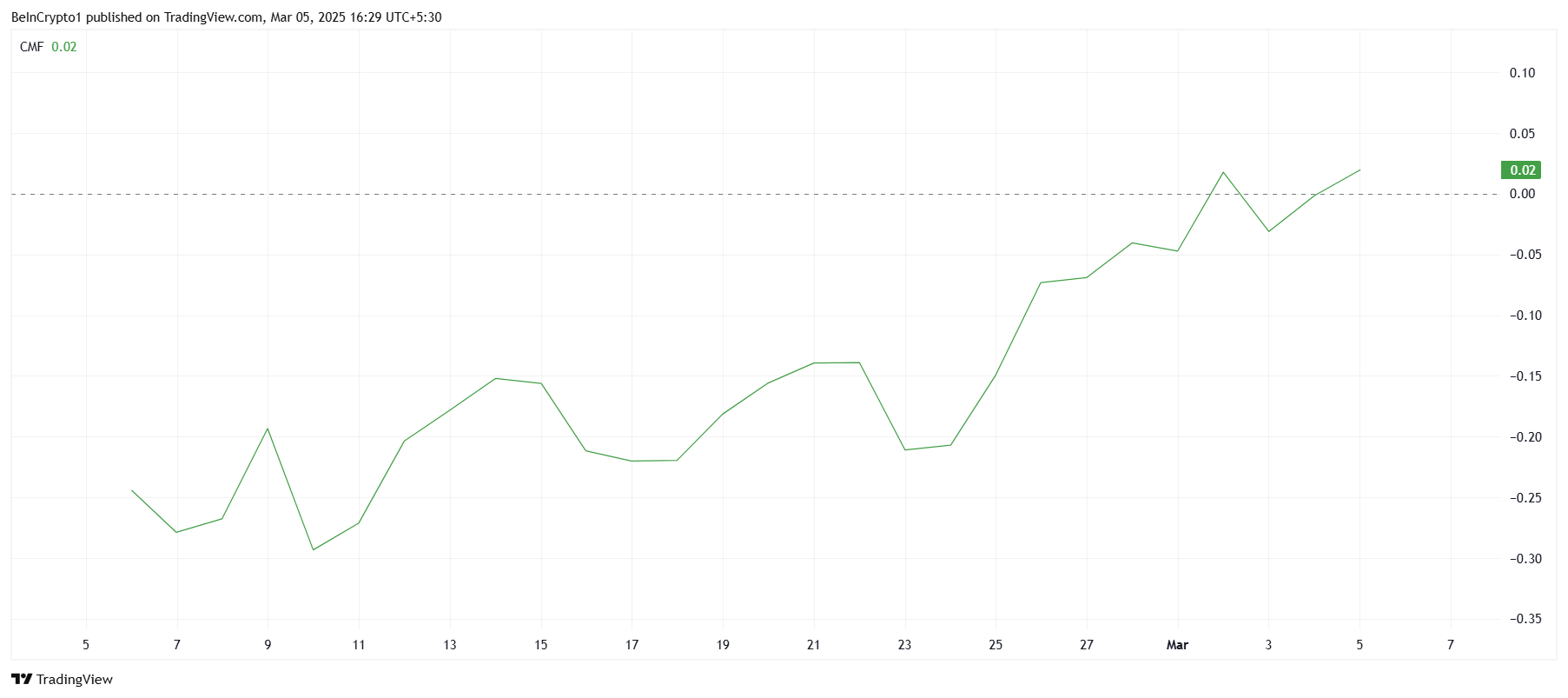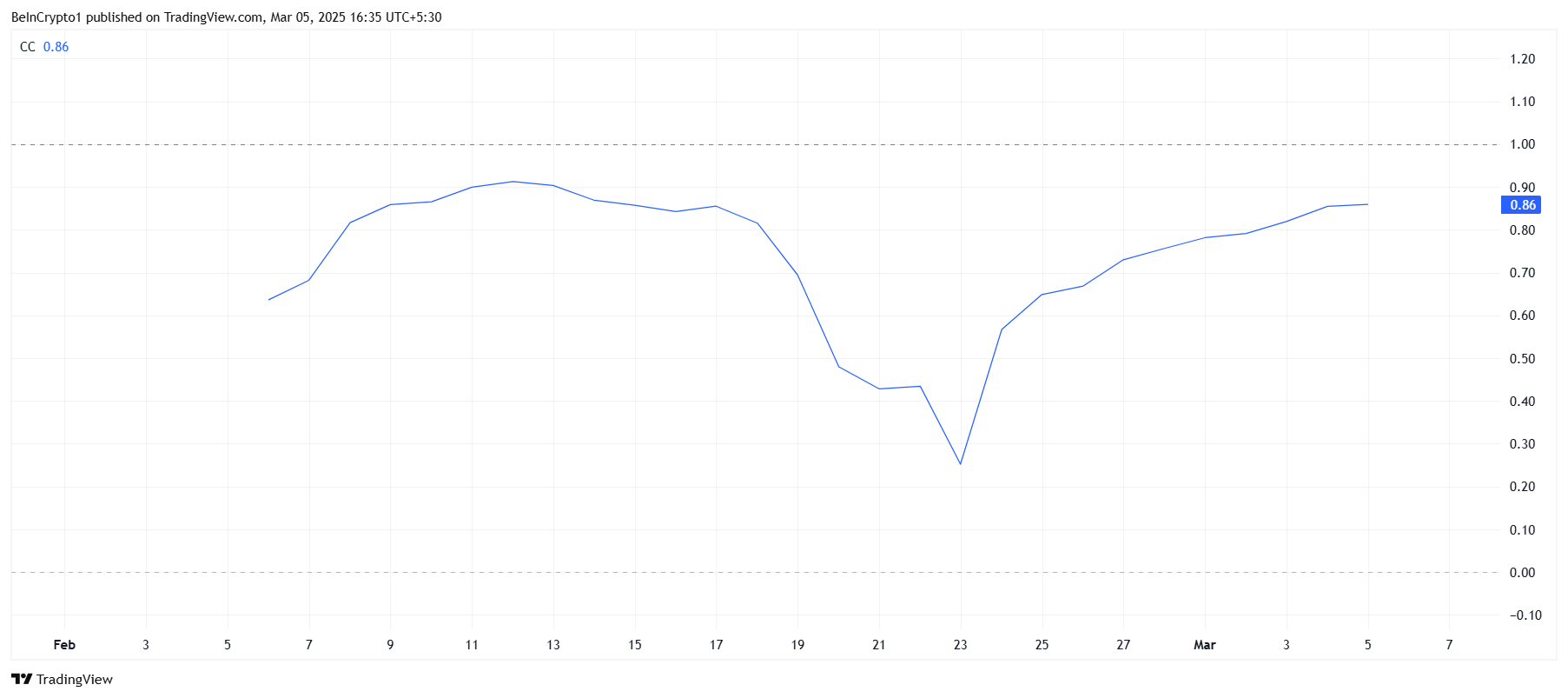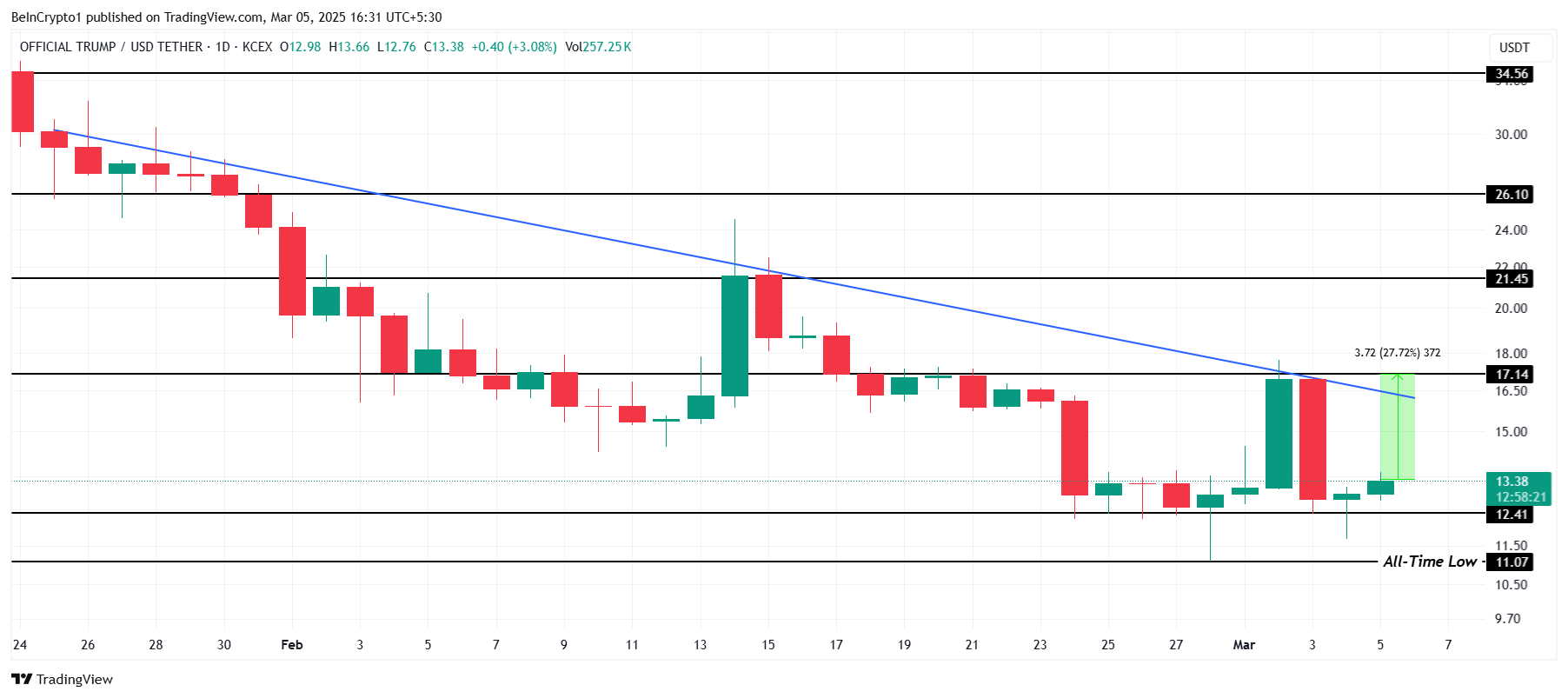Developers are powering the advancements behind blockchain, but their struggles are often overlooked. Sophisticated tools can make or break Web3’s progress, yet few focus on the infrastructure that helps teams build securely and at scale. Bogdan Habić, CTO and co-founder of Tenderly, knows this better than most.
From humble beginnings at a hackathon to leading one of Ethereum’s most trusted platforms, Habić has seen the sector’s unglamorous backbone up close. BeInCrypto caught up with him at ETH Belgrade 2025 to discuss misunderstood challenges of scaling, the reality of developer bottlenecks, and why tooling, not transaction capacity, remains blockchain’s true growth engine. In this candid interview, Habić exposes what many get wrong about Ethereum’s evolution, how developer experience underpins adoption, and the role of transparency and community in shaping tomorrow’s blockchain landscape.
The Foundation and Future of Developer Tools in Blockchain
The answer’s probably a lot less sexy than people would like. Tooling is inevitable in any engineering field. We started Tenderly by building the kinds of tools we needed ourselves, coming from Web2. We weren’t the smartest or most visionary; we were just the first to do it, and we did a good enough job for the Ethereum community to embrace us.
If it’s not easy for developers to build, then what’s the point of scaling? Right now, we have infrastructure but not enough usable applications. Without making devs’ lives easier, we may as well just keep wrapping GPTs forever.
Challenges and Realities Behind Ethereum dApp Development
There’s a massive gap between what users see and what builders deal with. Web3-native users, especially, often don’t understand how complex it is to bring something to life.
You click a button on a dApp, and that action might involve zero-knowledge proofs, advanced cryptography, and other insanely complex things. Products like Polymarket or Pum.fun work because they hide that complexity really well. That’s the key to mass adoption: not making users care how things work, just that they work.
Scaling Ethereum: Opportunities and Complications for Builders
First, I don’t love the term “Ethereum 2.0”, it makes it sound like there’ll be a big switch, a dramatic upgrade. But Ethereum is evolving, not rebooting.
What is real is the increase in throughput. More rollups, more chains, more experimentation. But here’s the twist: most of those additional transactions won’t come from users; they’ll come from rollups themselves. Rollups are becoming users of Ethereum, too.
It opens up cheaper and more flexible ways to experiment. But it also confirms that rollups, app chains, and all of them are inevitable. It doesn’t make sense for everyone to write to the same ledger forever.
Security, Transparency, and Tenderly’s Role in Safer Blockchain Development
A few years back, when something got hacked, people used Tenderly to analyze what went wrong. We used to joke that we had the biggest marketing budget in crypto because our dashboards were in every postmortem.
The Bybit/Safe incident earlier this year was a perfect example. That wasn’t a result of incompetence – those are great teams. But it shows how high the stakes are when everything is open and on-chain.
Our goal is to bring more transparency and clarity into the dev lifecycle. Writing safe code is hard, but that code still has to be written. And if a tool like Tenderly helps someone avoid a mistake that could cost millions, we’ve done our job.
A good example is our recent integration with Ledger. When someone uses their touchscreen wallet, our security engine scans every transaction in real time.
That helps prevent users from accidentally signing malicious contracts. But behind that simple experience is a deep technical collaboration between our teams.
That’s how we see our role: not just a product, but a partner in building safer, better experiences. And most users won’t even notice it. That’s exactly the point.
Importance of Community Events like ETH Belgrade for Innovation
Massively important. We’d go to hackathons, build experimental features at the event, and test them live. If enough people came to ask about them, we’d ship them into the product.
You’re surrounded by your users, and it’s the fastest feedback loop possible.
Web3 is incredibly open. Whether you’re in a unicorn onesie or a suit, if you’re building something useful, there’s space for you. That inclusive, creative energy is what keeps this ecosystem alive.
Global and Local Impacts: What to Watch in Blockchain
Depends on where you’re from.
If you’re in a country like Serbia, blockchain can give you access to tools that traditional finance doesn’t, like trading stocks, getting loans, or protecting savings from inflation by moving into stablecoins.
If you’re in a more developed country, you should still pay attention. This tech will eventually reshape the systems you’re already participating in. Being early gives you an edge, no matter where you are.
Final Thoughts
Developer tools aren’t flashy. They won’t trend. But they’re the foundation. Everyone’s obsessed with scaling, but if it’s still hard to build, what are we scaling for?
The post Tenderly CTO Bogdan Habić on Why Developer Tools Are the Key to Ethereum’s Future appeared first on BeInCrypto.









